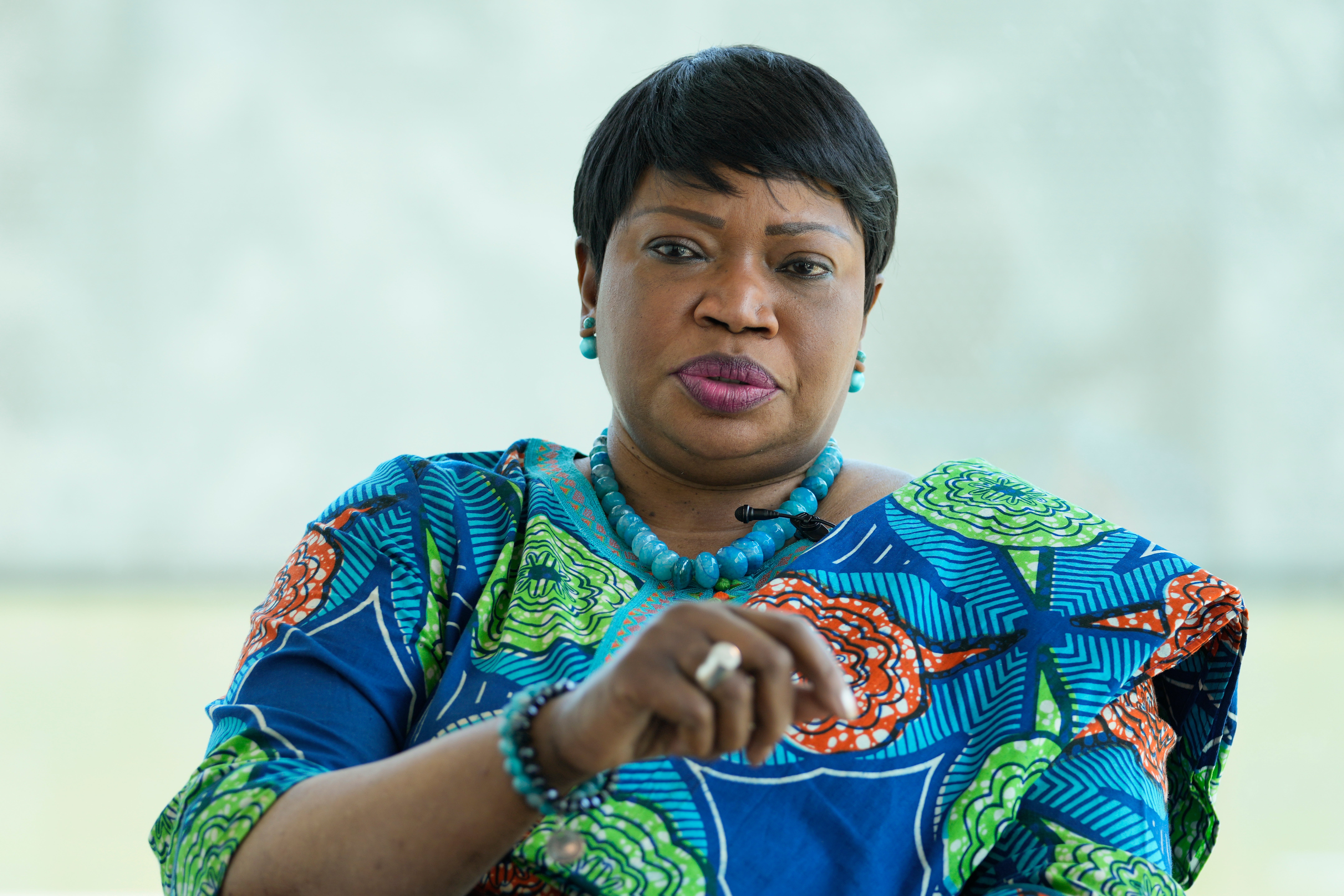Philippines: Int'l court probe of drug killings is insulting
A spokesman says Philippine President Rodrigo Duterte will never cooperate with a International Criminal Court investigation into the thousands of killings under his anti-drugs crackdown

Your support helps us to tell the story
From reproductive rights to climate change to Big Tech, The Independent is on the ground when the story is developing. Whether it's investigating the financials of Elon Musk's pro-Trump PAC or producing our latest documentary, 'The A Word', which shines a light on the American women fighting for reproductive rights, we know how important it is to parse out the facts from the messaging.
At such a critical moment in US history, we need reporters on the ground. Your donation allows us to keep sending journalists to speak to both sides of the story.
The Independent is trusted by Americans across the entire political spectrum. And unlike many other quality news outlets, we choose not to lock Americans out of our reporting and analysis with paywalls. We believe quality journalism should be available to everyone, paid for by those who can afford it.
Your support makes all the difference.
Philippine President Rodrigo Duterte will never cooperate with a possible International Criminal Court investigation into the thousands of killings under his anti-drugs crackdown, his spokesman said Tuesday, calling an international inquiry insulting to the country’s justice system.
But human rights activists welcomed the possible investigation as a long-awaited step toward justice and accountability. A leading Duterte critic, jailed opposition Sen. Leila de Lima said the Philippine leader may now be harboring fears of “being dragged in chains to the Hague” to be tried as “an enemy of mankind.”
Outgoing ICC chief prosecutor Fatou Bensouda said Monday that a preliminary examination found reason to believe crimes against humanity had been committed during Duterte's crackdown on drugs between July 1, 2016, and March 16, 2019.
The dates cover the period between when Duterte launched his police-enforced crackdown shortly after winning a six-year presidential term and when he withdrew the Philippines from the court. Critics said at the time he was trying to avoid accountability.
More than 6,000 mostly poor drug suspects have been killed, according to government pronouncements, but human rights groups say the death toll is considerably higher and should include many unsolved killings by motorcycle-riding gunmen who may have been deployed by police.
Duterte has denied condoning extrajudicial killings of drug suspects although he has openly threatened suspects with death and has ordered police to shoot suspects who dangerously resist arrest.
Bensouda said she has sought authorization to open a formal investigation. The court's judges have 120 days to decide on her request.
Duterte’s spokesman, Harry Roque, blasted Bensouda’s move as “legally erroneous,” saying the ICC, as an international court of last resort, could only intervene if a country’s judiciary and prosecutorial system fail to work and investigate domestic crimes. Roque cited many pending murder and other cases involving the government’s campaign against illegal drugs which were being tried by Philippine courts.
“It’s an insult to all Filipinos for a foreigner like Bensouda and fellow Filipinos to say that our legal institution in the Philippines are not working and not dispensing justice,” Roque told a news conference. “How dare you say that the Philippine legal system is not working.”
Roque said political “enemies” of Duterte and his administration filed the complaints before the ICC, adding “we will never cooperate because we are no longer a member.”
Bensouda, however, stressed the court has jurisdiction over crimes alleged while the Philippines was still a member of the court.
Rights activists welcomed Bensouda’s conclusion. Amnesty International said her announcement “is a much-awaited step in putting murderous incitement by President Duterte and his administration to an end.”